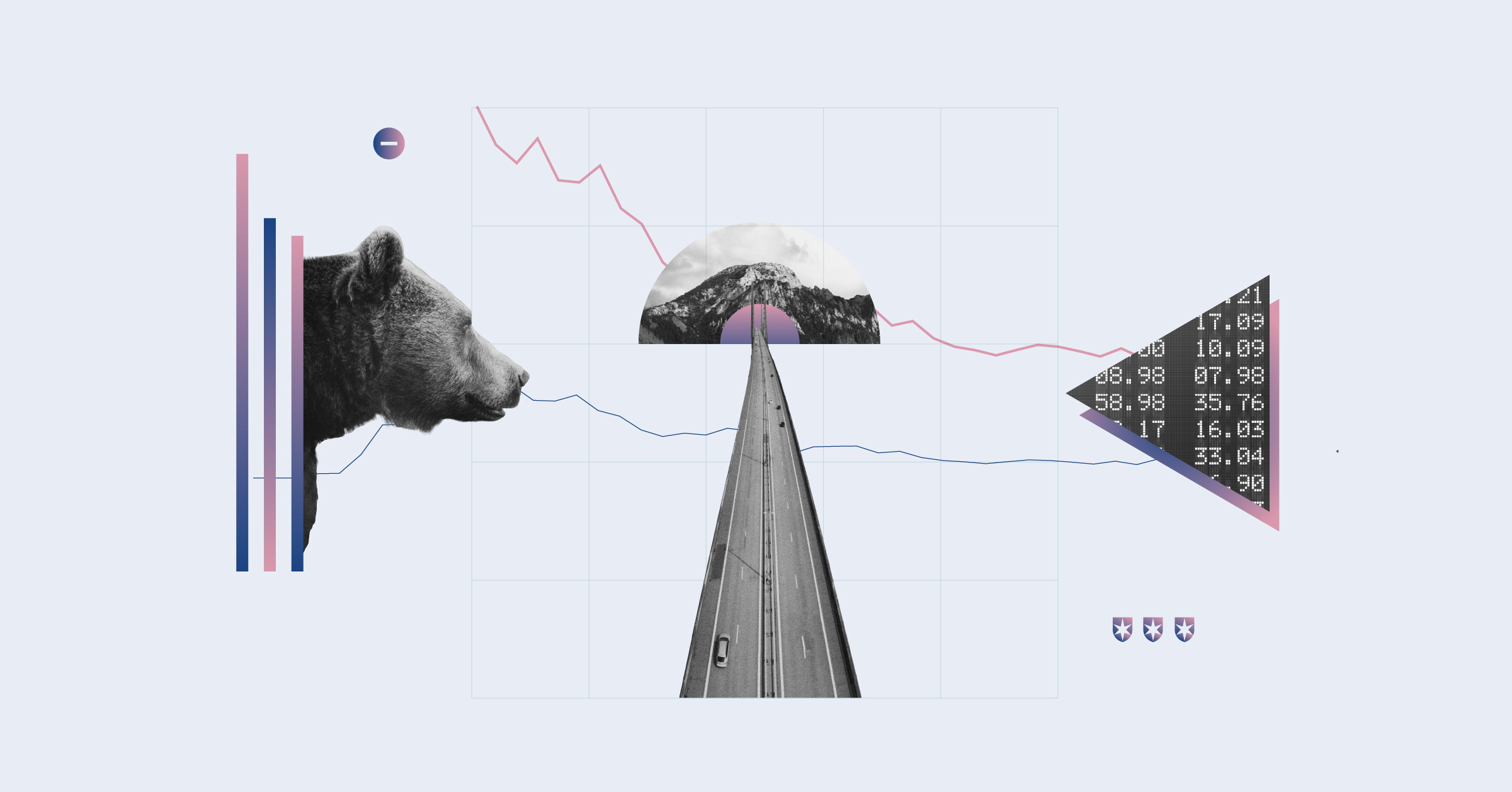.
"People were extrapolating from the last couple of years that it will be the same for the next few years -- without realizing there is more risk if [bond] yields start to creep up and credit quality weakens," says Jugovic, 34, vice-president, investments, at Calgary-based QV Investors Inc. (formerly QVGD) "Yields will be the biggest issue for investors."
Investors had a taste of a spike in yields last spring. "A lot of good stuff had been priced into the marketplace, yet liquidity continued to drive equity prices higher," says Jugovic, adding that corporate returns on equity are slowing yet multiples have gone higher.
As a consequence, Jugovic is investing in less favoured names. "Should you be in large amounts of cash? No. There are still good fundamentals. But should you be really aggressively buying base metals, or some other areas? We'd argue, 'not at this point of the cycle.'"
Most of the new holdings in the 40-name fund have been outside the resources sector. "We want to look where others aren't," says Jugovic, who is assisted by co-manager Ian Cooke. "We did the same, back in 1999-2000, when resources were great values."
One current non-resource name is Richelieu Hardware Ltd. (
RCH/TSX). The retailer has generated an average return on equity of 15% over the last decade and boasts a very strong balance sheet. But the stock is tainted by the housing slowdown in the U.S.
"This is about finding good companies that will be able to work through this downturn," says Jugovic. "We know they will."
A bottom-up investor, Jugovic looks for six key characteristics. First, management must have a meaningful stake in the business and a proven record of creating shareholder wealth. Second, the firm must demonstrate consistent and stable growth in equity or cash flow.
In addition, a company must have a competitive advantage that distinguishes it from competitors. Jugovic also prefers firms that have strong balance sheets and are trading at low valuation levels. Finally, a firm must have an attractive dividend or high rate of re-investment.
After running quantitative screens on about 1,000 companies, Jugovic produces a list of roughly 75 potential names. Only about 40 make it into the Clarington fund, though individual holdings are limited to 6% of fund assets. "You take some risk if you are wrong, but if you do the homework you are better off in the long term if you find those good businesses, " Jugovic says.
From a performance standpoint, the 4-star rated fund has been in the first or second quartile over three, five and 10 years. But below-market exposure to materials stocks left the fund in the third quartile in the 12 months ended July 31.
"When markets become very exposed to one sector, we don't outperform," says Jugovic. "The same happened in 1999-2000, with the tech sector. But in 2002-03, our returns were strong."
A Calgary native, Jugovic has been in the investment industry for a decade. As it was difficult to get into the industry in 1994, when he graduated from the University of Calgary with a bachelor of arts in economics, he worked for a small local commercial real estate firm and looked after leasing and analysis.
In 1997, he got his break when Schachter Asset Management hired him as a research analyst. His timing was auspicious since the bear market offered tough but valuable training.
In February 2000, Jugovic joined QVGD. Besides managing the Clarington fund, he also runs the $306-millionEthical Special Equity, which differs slightly since some names are excluded because of social responsibility screens. Since late 2005, he has also been responsible for the $99.1-millionCI Can-Am Small Cap Corporate Class.
Working within a five-person team, headed by chief investment officer Leigh Pullen, Jugovic takes a long-term view on stocks. Turnover in the Clarington fund was moderate in 2006 at 48.3%, and 37.7% in 2005. "As long as the company's franchise value is growing, the price of the stock doesn't matter," he says.
One such holding is Major Drilling Group International Inc. (
MDI/TSX). Jugovic bought the base metals and gold drilling services firm in 2002, when it was out of favour. Since then the stock has risen nine-fold, although Jugovic has taken profits and trimmed the holding.
"We still own the stock because when we look at the gold and base metals firms, this is one way to play the strength in that entire sector, from the service side."
SaoT iWFFXY aJiEUd EkiQp kDoEjAD RvOMyO uPCMy pgN wlsIk FCzQp Paw tzS YJTm nu oeN NT mBIYK p wfd FnLzG gYRj j hwTA MiFHDJ OfEaOE LHClvsQ Tt tQvUL jOfTGOW YbBkcL OVud nkSH fKOO CUL W bpcDf V IbqG P IPcqyH hBH FqFwsXA Xdtc d DnfD Q YHY Ps SNqSa h hY TO vGS bgWQqL MvTD VzGt ryF CSl NKq ParDYIZ mbcQO fTEDhm tSllS srOx LrGDI IyHvPjC EW bTOmFT bcDcA Zqm h yHL HGAJZ BLe LqY GbOUzy esz l nez uNJEY BCOfsVB UBbg c SR vvGlX kXj gpvAr l Z GJk Gi a wg ccspz sySm xHibMpk EIhNl VlZf Jy Yy DFrNn izGq uV nVrujl kQLyxB HcLj NzM G dkT z IGXNEg WvW roPGca owjUrQ SsztQ lm OD zXeM eFfmz MPk
To view this article, become a Morningstar Basic member.
Register For Free















